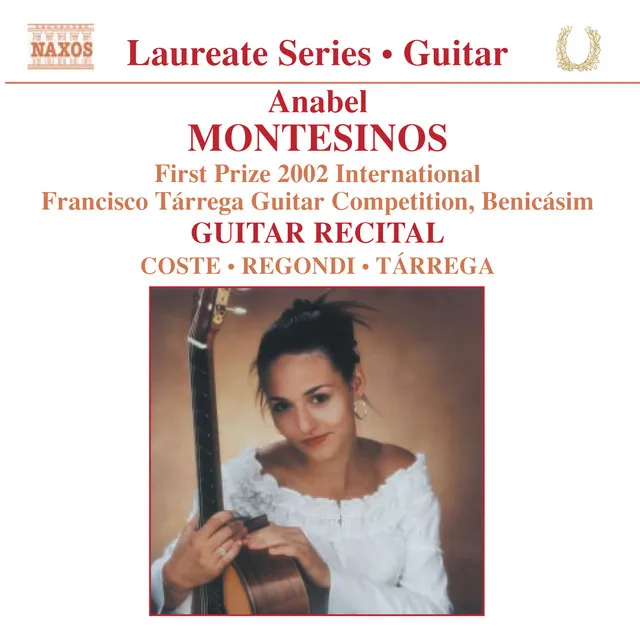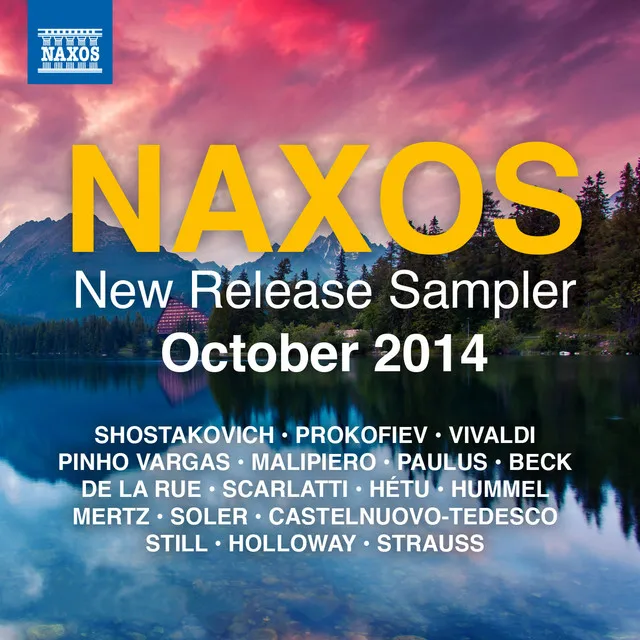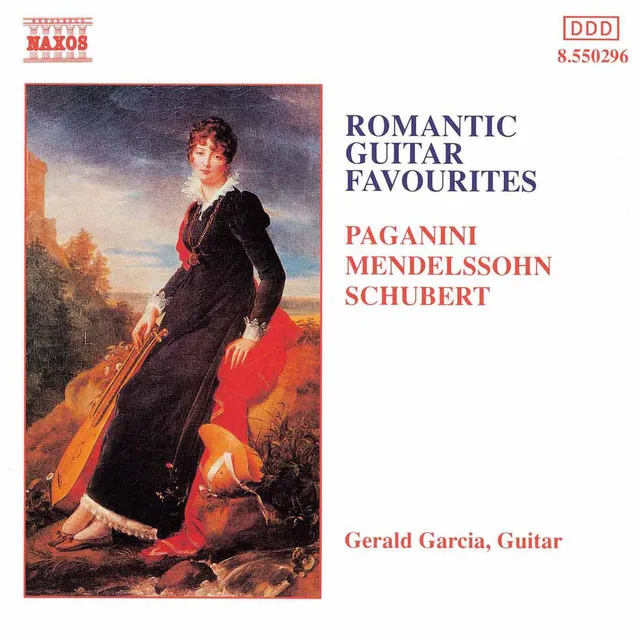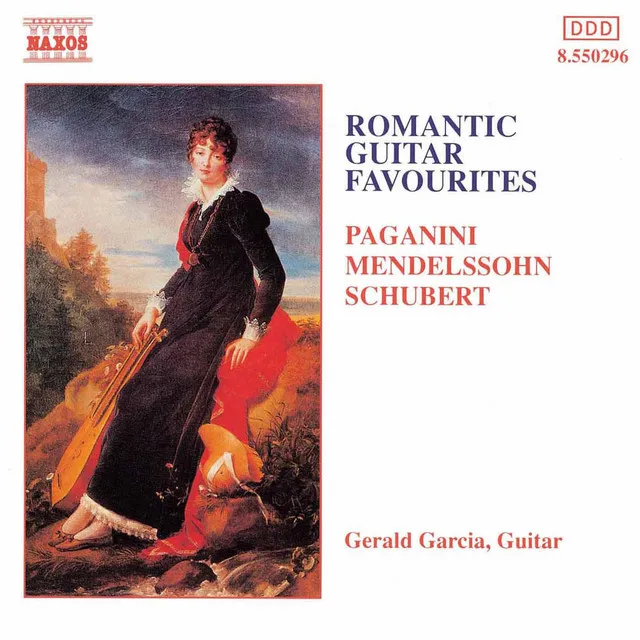Johann Kaspar Mertz, perhaps more than any other Central European musician of his time, was associated with the guitar, both as a composer and performer. He was a virtuoso player of the first rank, regularly touring Europe to great acclaim, and an esteemed composer whose guitar works, most of which were transcriptions or arrangements of famous Classical pieces from opera, song, and other sources, are still highly regarded today. His best-known and admired original effort was Bardenklänge (1847), a two-part collection of pieces said to carry the spirit of Schumann, with echoes of works like Carnival and Kreisleriana. Among his better known transcriptions are the (6) Schubertian Songs (1845). While the works of Mertz have gained rightly deserved attention since the 1990s, they are mostly still far from standard-repertory status. But fortunately, a good portion of Mertz's better efforts have been widely available via recording in the past couple of decades.
Johann Kaspar Mertz was born in Pozsony, Hungary, on August 17, 1806. He exhibited remarkable talent as a child on both the guitar and flute, but the family's dismal financial circumstances inhibited his development. By 12 he was contributing to the family income by giving music lessons.
Mertz eventually devoted most of his energies to the guitar, but it was not until he was 34 that he moved to Vienna to launch his career as a concert guitarist. There he was appointed Court guitarist, and then soon embarked on his first European tour, which included stops in Poland and Russia. Typically, Mertz used a 10-string guitar for concerts. He met his wife on one of his concert tours, pianist Josephine Plantin, whom he married in Prague in 1842.
From 1846-1848, Mertz's concert activity was suspended because he became seriously ill from a strychnine overdose, taken to relieve symptoms of neuralgia. During his convalescence Mertz wrote his famous Bardenklänge, a work perhaps inspired by the pianism of his wife, who was then steeped in the Romantic repertory of the day.
From 1848, Mertz resumed his concert tours, and his wife often appeared with him in duo repertory. In 1856 Mertz entered a competition for composers held in Brussels by wealthy Russian nobleman Nicolai Petrovich Makaroff. But Mertz died on October 14, 1856, in Vienna shortly before news was released that he had won first prize for his Fantasie Hongroise, Fantasie Originale, and Le Gondolier, Op. 65.





